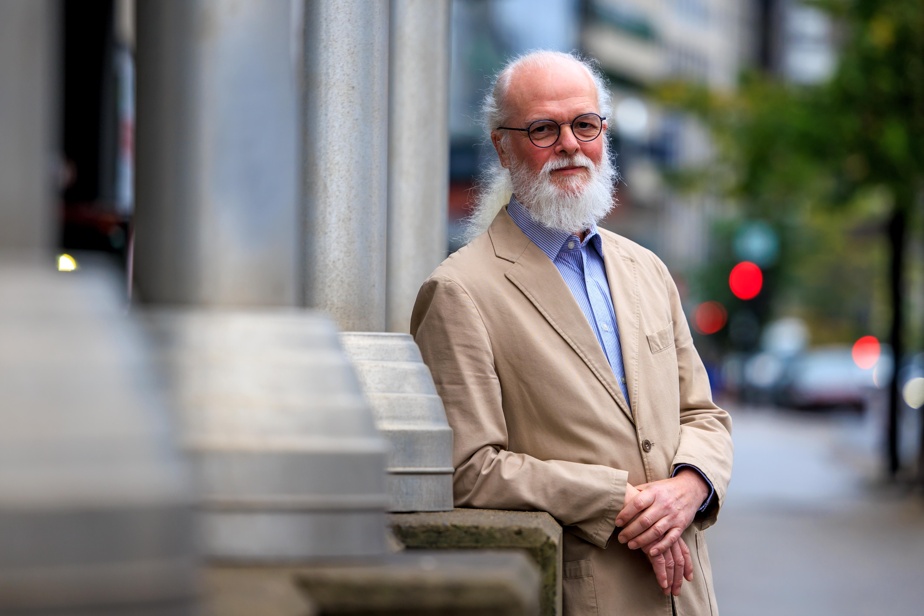We must distinguish between perceptions and reality. The perception is that everyone is building nuclear reactors. In fact, nuclear production fell by 4% worldwide last year. There were more reactors shut down than reactors put into service. The current nuclear fleet is aging, its average age is 31 years. The projects under construction are in China or in Russian industry. Elsewhere, we no longer invest.
We are talking about a climate emergency, and therefore the time factor. For me, the really crucial deadline is 2030. However, in 2030, given such long deadlines, there will not be one more nuclear kilowatt hour. This is not a matter of opinion, this is reality.
Nuclear power is irrelevant. If you know a French word that means the same thing, I’m interested.
There are tons of them. You have to think in terms of orchestra, music and choreography. We must not look for a silver bullet [miracle solution]. We must look in each locality, in each region, in each country what is available and create a choreography of it.
When you have wind and solar as important elements in the orchestra, the reason for nuclear disappears. Wind and solar have great complementarity; in summer, solar dominates and in winter, wind power.
If we add storage and other means to make it equivalent to basic energy like nuclear, the result is phenomenal.
As other means, I also talk about demand management. Take the example of electric vehicles.
If we do nothing, people will take their vehicle to go to work and plug it in all at the same time when they return home. It’s a guaranteed disaster and it can’t work. To turn a disaster into potential, we must transform the networks.
We continue to talk about the extension of networks. This is a big stupidity. They must be transformed to allow the potential within people to be used to increase the flexibility of the network. Every fridge and freezer is a store of energy that can be turned off for an hour or two. An electric Ford 150 has such a huge battery that an average American house can be powered for around ten days with this battery.
It’s a big change and it comes with a strong component of sobriety and energy efficiency. If we don’t speed up on this, we’re headed straight for disaster.
In 2030, for me, certainly. It’s impossible to do otherwise. I don’t see a problem if we go from 30% to 90% renewable energy by 2030.
But if we continue to put money into old mammoths rather than into solutions, we will not succeed.
Putting 50 million in small nuclear reactors, a totally fanciful sector (as the Canadian government did), is 50 million that we took away from the solution to the problem of climate change.
It’s peanuts for the development of a reactor, but with 50 million, you can do a lot of things efficiently. There are a lot of houses you can fix up with 50 million.
If I spend a dollar, where do I put it? The criterion should be that I must buy for this dollar the option that reduces emissions the most, and the fastest.
If I put it in new nuclear power, I will increase greenhouse gas emissions since I did not put it, today, in the options that are available and I have made the problem worse.
I am not a specialist in Quebec, but even if we are not a specialist, we see that the potential is so gigantic that we don’t know where to start. Firstly in everything that is sobriety and efficiency. We consume energy in this country, it’s incredible. I can already hear people saying: yes, but we have the distance and we have the cold. Even taking everything into account, there is no justification for the difference in consumption per person in Canada compared to Europe.
The question is not how we find 100 terawatt hours, it’s more how I can guarantee that no one is cold in the winter in Quebec. How is it that today, in the 21st century, homes are not equipped with a minimum of service guarantees of this kind? A solar kit with a battery costs nothing today.
We have to take care of people’s needs. Industry? You have to feed sites and you will see, companies will do it themselves. But not if we offer them cheap electricity. The problem is rather there. We have to ask ourselves if we have a coherent policy.
